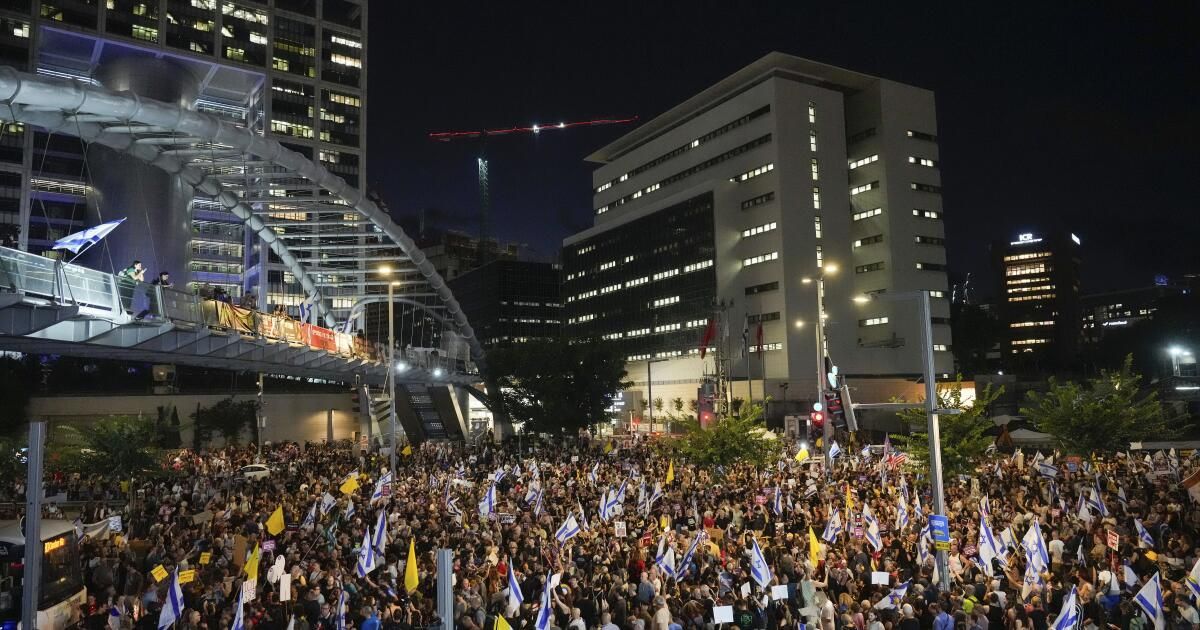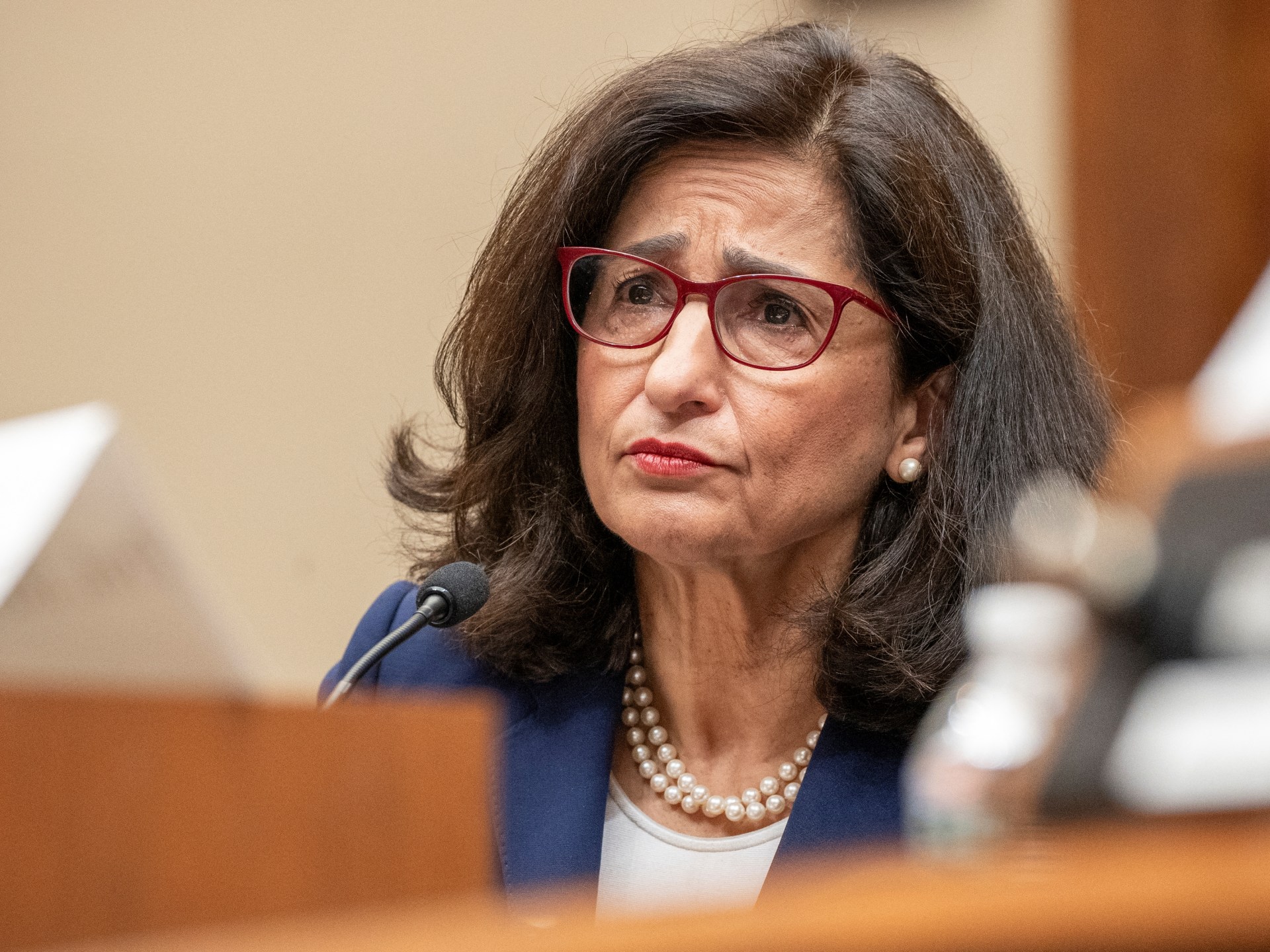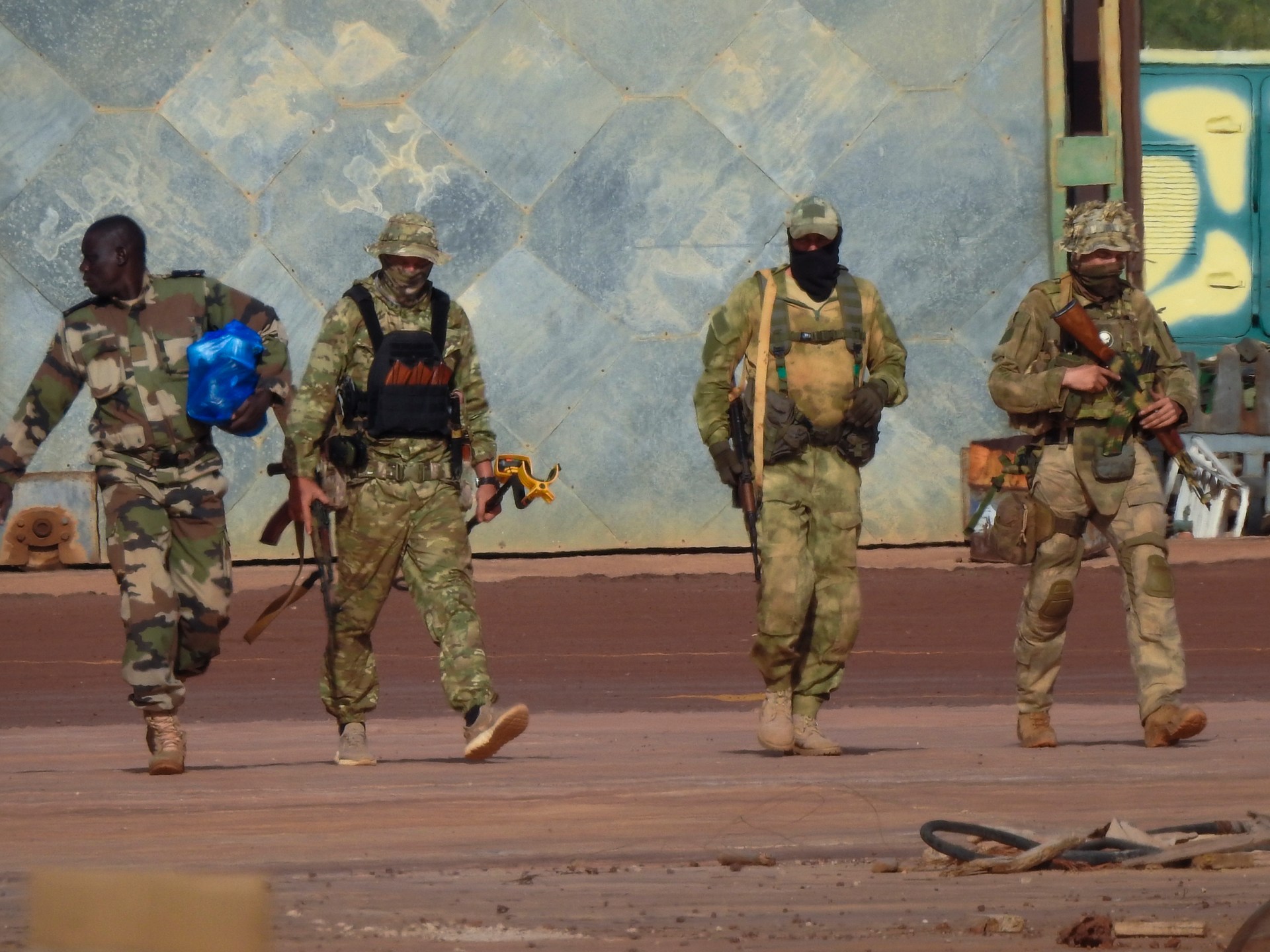In the wake of the deaths of six Israeli hostages, including a California-born American citizen, both the Israeli government and the Palestinian militant group Hamas are signaling hardened stances that pose a harrowing new challenge for the Biden administration.
For weeks, U.S. officials have said they were close to a final deal between Israel and Hamas that would end fighting in the Gaza Strip, at least temporarily, and allow for the release of hostages from Hamas captivity. At the same time, it would bring freedom to some Palestinians held captive by Israel and allow more desperately needed aid to reach Gazans.
But intractable obstacles over who and how many people should be released on each side and over a full withdrawal of Israeli troops from Gaza prevented a deal – and that was before the latest hostage killings.
The United States is now continuing to work on negotiations, but without involving Israeli Prime Minister Benjamin Netanyahu, who President Biden said Monday was not doing enough to secure the hostages' freedom.
Instead, the president said then, the United States' contacts are with “colleagues in Egypt and Qatar,” the two nations that have direct contact with Hamas officials.
“We are working around the clock to try to get a deal done,” State Department spokesman Matthew Miller said Tuesday. He declined to comment on Netanyahu’s apparent rejection of some elements of the deal. “We obviously think this is an urgent matter.”
News on Tuesday afternoon that the Justice Department had announced terrorism charges against Hamas leaders will likely bring even more uncertainty to the negotiations. The leaders face charges, including conspiracy to murder American citizens, in connection with the militant group’s cross-border raid into Israel on Oct. 7, in which some 1,200 people were killed.
Now that the war has entered its 12th month, Gaza is in the grip of a full-blown humanitarian disaster. At least 41,000 Palestinians have been killed, according to the territory's health officials, who make no distinction between civilians and militants. Nearly all of the coastal enclave's 2.3 million residents are displaced, and entire towns have been bombed into piles of rubble.
The initial success of the negotiations — a U.S.-brokered deal last November that temporarily halted fighting in Gaza and freed more than 100 hostages — is now a distant memory. Of the roughly 250 captives taken on Oct. 7, Israel believes about 100 hostages remain in Gaza and at least a third are already dead.
The grieving families of the six slain hostages — who Israel says were shot in the head by their captors last week as troops operated nearby — expressed hope that the violent deaths could be the impetus for a deal to free the remaining captives.
Jon Polin, father of Berkeley-born Hersh Goldberg-Polin, said Monday in a eulogy for his 23-year-old son that over the months, the family had “searched for the proverbial rock we could turn to save him.”
“Maybe, just maybe, his death will be the stone” that can help bring the rest of the hostages home, he told the thousands of mourners gathered there.
“I really hope this is a turning point,” said Gil Dickmann, cousin of Carmel Gat, another of the dead hostages, expressing similar hopes as he spoke to reporters hours before her funeral, also on Monday.
But amid a national spasm of grief, neither Netanyahu nor Hamas gave the slightest public sign that any move was coming.
Much of the problem, said Mara Rudman, a former State Department special envoy for the Middle East, is that neither Netanyahu nor Hamas chief Yahya Sinwar are motivated to stop the fighting.
“From the beginning, Netanyahu and Sinwar are the two in this equation whose interests do not align with reaching a ceasefire agreement,” he said in an interview.
His analysis is chilling: Sinwar cares little about Palestinian deaths, as his goal is to provoke international opprobrium against Israel and internal unrest at home, and Netanyahu cares above all about his political survival and avoiding jail, given the pending criminal cases against him, which would be jeopardized if he agreed to a ceasefire deal opposed by his far-right coalition partners.
In a televised news conference on Monday night, the Israeli leader showed intransigence by declaring that Israel's military control over a narrow strip of territory on the Gaza-Egypt border, known as the Philadelphia Corridor, was non-negotiable.
Netanyahu said the nine-mile strip of land Israel seized control of in May was “Hamas’s conduit for oxygen and rearmament.”
“The axis of evil needs the Philadelphia Corridor,” he said. “We need to have it under our control.”
For its part, Hamas has tried to harshly dissuade Israel from any notion that the hostages could be freed by military force, as in the case of the Israeli raid in June that rescued four captives from the overcrowded Nuseirat refugee camp. Palestinian officials said the Israeli raid killed dozens of civilians, many of them women and children.
In a post on the messaging app Telegram on Monday, the head of Hamas's armed brigades appeared to suggest that an execution protocol had been established if Israeli troops were thought to be approaching.
“Following the Nuseirat incident, new instructions were given” to those guarding the captives, said the statement issued in the name of Abu Obeida, a nom de guerre.
Israeli officials interpreted the statement as a threat to kill the hostages if Israeli troops were nearby, and the killing of the six was a gruesome illustration of that intent.
Netanyahu is under some of the strongest public pressure in months to reach a deal. Hundreds of thousands of Israelis flooded the streets of communities across Israel on Sunday after the deaths of the six were revealed, and organizers have called for large demonstrations that will continue every night.
Protesting crowds chant slogans denouncing the prime minister as morally responsible for the hostage killings, and some wave signs depicting him with blood on his hands. But many among Netanyahu's loyal base of supporters believe his commitment to a relentless military campaign is the best way to confront Hamas, ensure Israel's security and perhaps ultimately free the hostages.
In an example of the division over how to move forward, areas of the country where Netanyahu enjoys high support largely refused to take part in a general strike called Monday by the country's largest labor federation.
Although Netanyahu still commands the loyalty of most of his cabinet, including far-right figures who insist on continuing an all-out war, the country’s security establishment — notably his defense minister, Yoav Gallant — has publicly questioned his negotiating stance, essentially accusing him of looking for excuses to reject a deal.
The prime minister's latest show of defiance over the border strip also prompted harsh editorial comment.
“The Philadelphia route will end in a highway paved with the bodies of the hostages,” wrote analyst Zvi Bar'el in the leftist daily Haaretz.
However, Netanyahu is well aware that many Israelis derive visceral satisfaction from the military's pursuit of the perpetrators of the heinous acts committed in southern Israel on October 7.
Almost everyone remembers the murder by militants of Gil Taasa, a father of two, in the community of Netiv Haasara, one of the many Israeli villages attacked that day. An attacker threw a grenade into a shelter and killed him as he tried to protect his two young children.
A widely seen video shows the result: the two bloodied children huddled in shock in their living room as the attacker casually grabbed a bottle of cola from the family fridge.
On Tuesday, the military said the man in the video, identified as Ahmed Fozi Wadia, a Hamas commander, had been killed in an airstrike in Gaza City along with seven other militants.
The military decision on when to carry out such attacks is often made at the last minute, even when planned well in advance, and usually depends on many factors. But despite the coincidence, the timing of the report was symbolic for some: Saturday, the day the hostages' bodies were discovered.
Times staff writers King and Wilkinson reported from Tel Aviv and Washington, respectively.












